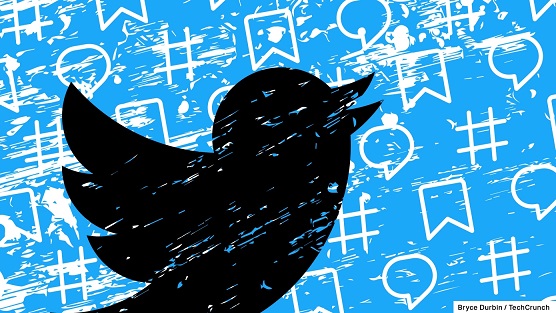
Twitter finally broke its silence over the first security incident of the Musk era: an alleged data breach that exposed the contact information of millions of users
In late December, a poster on a popular cybercrime forum claimed to have scraped the email addresses and phone numbers of 400 million Twitter users by way of a zero-day security flaw in Twitter’s systems, previously blamed for exposing at least 5 million Twitter accounts before it was fixed in January 2022. The subsequent sale of another, smaller dataset containing the email addresses associated with more than 235 million Twitter accounts is said to be a cleaned-up version of the alleged dataset of 400 million Twitter users. Researchers warned that the email addresses, which included the details of politicians, journalists and public figures, could be used to dox pseudonymous accounts.
Twitter, or what’s left of the company, addressed the situation last week.
In an unattributed blog post, Twitter said it had conducted a “thorough investigation” and found “no evidence” that the data sold online was obtained by exploiting a vulnerability of Twitter’s systems. An absence of evidence, however, is not vindication, as it’s unclear if Twitter has the technical means, such as logs, to determine if any user data was exfiltrated. Rather, the company said that hackers had likely been circulating a collection of data pulled from past breaches and said the data did not correlate to any of the data obtained by way of exploiting the bug that was fixed in January 2022.
What Twitter is saying may very well be true, but it’s difficult to have confidence in the company’s statement. Twitter’s erratic response raises many of the same questions that regulators will want to know: Who was tasked with investigating this breach, and does Twitter have the resources to do a thorough job?
Many believe the key to keeping networks and data secure lies in watertight identity and log-in management, but what happens when you are using a variety of apps, platforms, and a hybrid of cloud and other servers and networks that cannot be used with the same ID management tool? A startup called Strata Identity working in the […]
Facebook-parent Meta has launched a subscription service, called Meta Verified, that will allow users to add the coveted blue check mark to their Instagram and Facebook accounts for up to $15 a month by verifying their identity, its chief executive Mark Zuckerberg said on Sunday, tapping a new revenue channel that has returned mixed success […]
U.S. officials say they have seized dozens of domains linked to some of the world’s leading distributed-denial-of-service-for-hire websites. But TechCrunch found that several of the seized sites are still online. In a press release on Wednesday, the U.S. Department of Justice announced the takedown of 48 domains associated with some of the world’s most popular […]
Leave a Reply